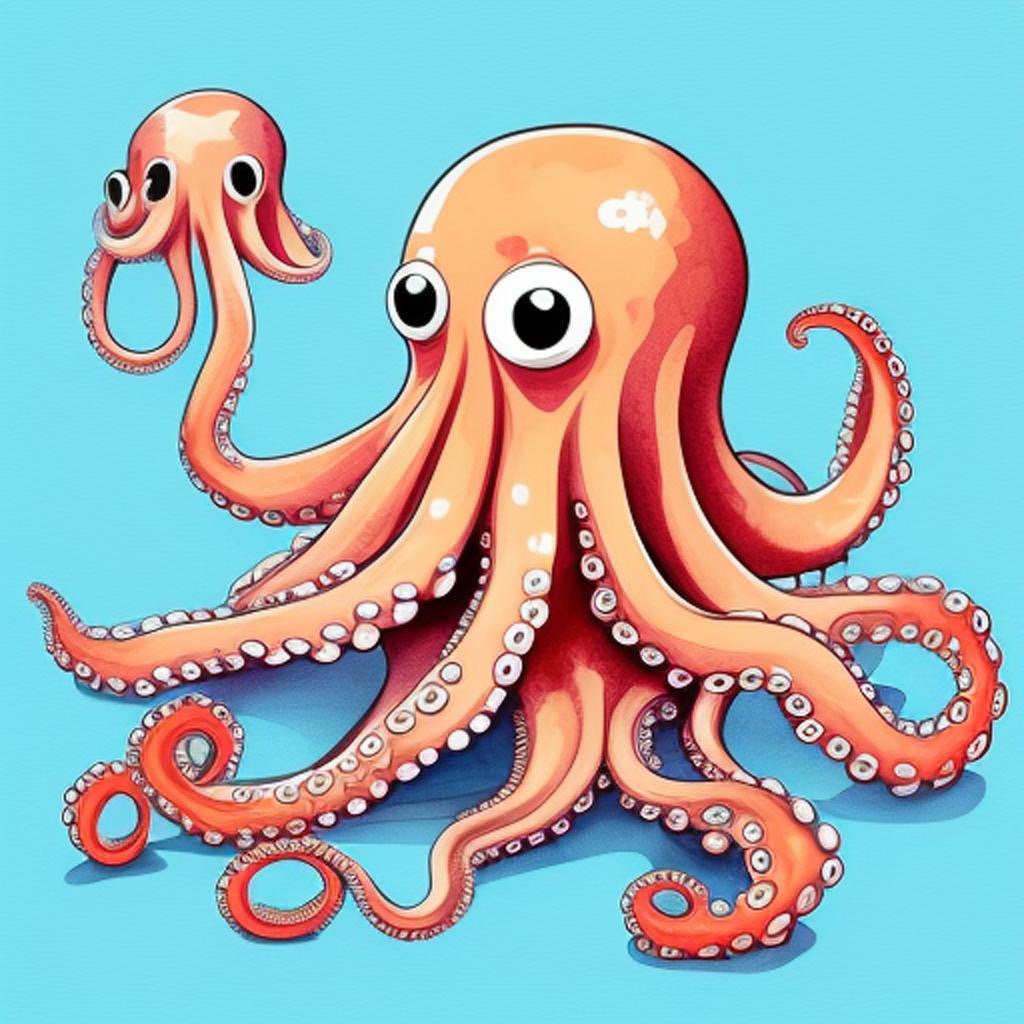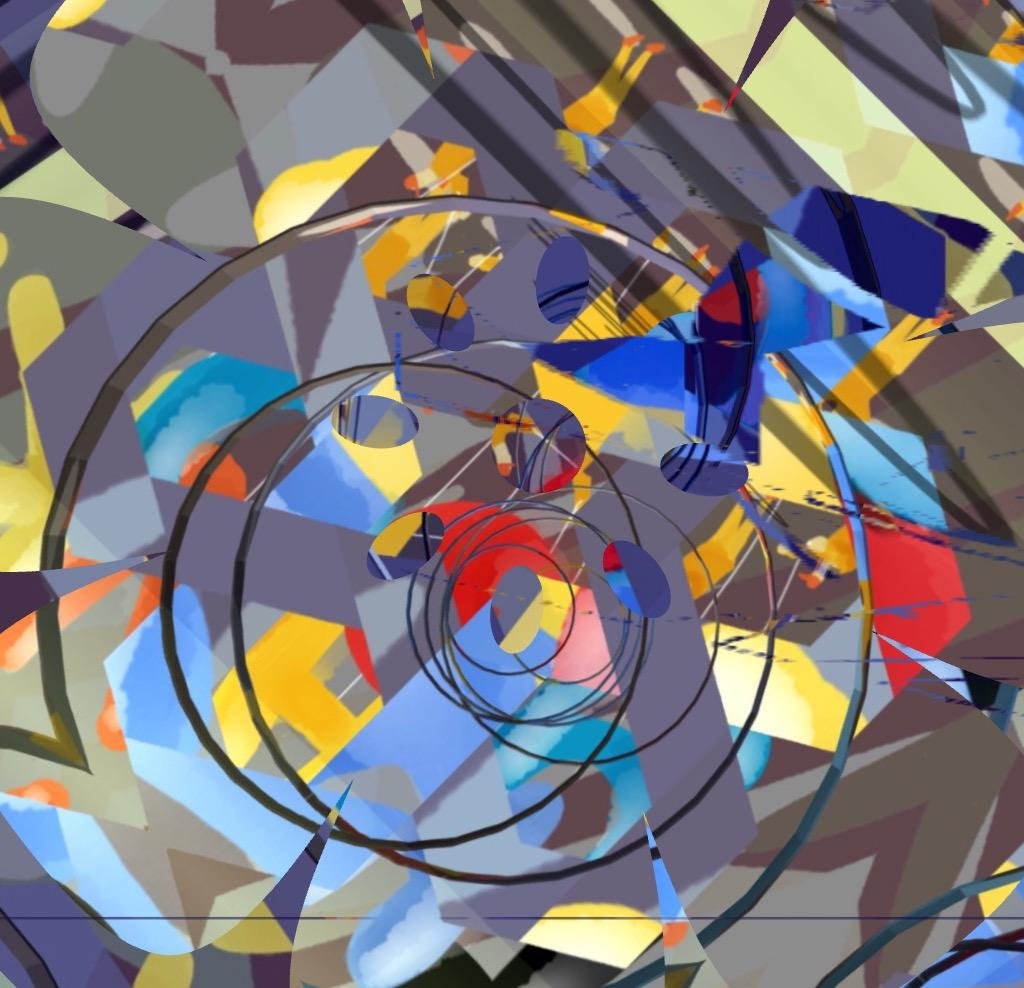
Table of Contents
What is an octopus
An octopus is a fascinating marine animal belonging to the class Cephalopoda, which also includes squids, cuttlefish, and nautiluses. Octopuses are known for their distinctive appearance, characterized by a soft, bag-like body called a mantle and eight long, flexible arms covered in suction cups. These arms are often lined with suckers that the octopus uses for a variety of functions, including capturing prey, manipulating objects, and exploring its environment.
Octopuses are highly intelligent creatures with complex behaviors. They are carnivorous and primarily feed on other marine life, such as fish, crustaceans, and mollusks. They are skilled hunters and use a combination of stealth and speed to catch their prey. Octopuses are also known for their remarkable abilities to camouflage themselves by changing the color and texture of their skin, which helps them both hide from predators and sneak up on prey.
One of the most intriguing aspects of octopuses is their ability to solve puzzles and learn from their experiences. They have a well-developed nervous system and can exhibit problem-solving skills. Octopuses are also capable of memory and can recognize and remember patterns and individuals.
Octopuses have a relatively short lifespan, usually living for one to three years, depending on the species. They are found in oceans all over the world, from shallow coastal waters to the deep sea, and they come in various shapes and sizes, with some species growing quite large.
Overall, octopuses are remarkable and enigmatic creatures that continue to capture the curiosity of scientists and nature enthusiasts alike due to their unique biology and behaviors.
What do they eat?
Octopuses are carnivorous predators that primarily feed on a variety of marine life. Their diet can vary depending on their species, size, and the availability of prey in their habitat, but some common prey items for octopuses include:
- Fish: Octopuses often hunt and consume various types of fish, including smaller species like anchovies and sardines. They are known for their agility and ability to catch fast-swimming fish.
- Crustaceans: Many octopus species feed on crustaceans such as crabs, lobsters, and shrimp. They use their strong beaks to crush the shells of these animals.
- Mollusks: Octopuses are skilled at capturing and eating other mollusks, including clams, snails, and bivalves. They can use their beaks to bore through the shells of these creatures.
- Cephalopods: Octopuses are known to cannibalize other cephalopods, such as smaller squids. They are efficient predators within their own taxonomic class.
- Invertebrates: Some octopus species consume various invertebrates like sea urchins, jellyfish, and even small crustaceans like krill.
- Crabs and Lobsters: Larger octopus species may have the strength to capture and eat crabs and lobsters. They use their arms and beaks to dismantle and consume these hard-shelled creatures.
- Bottom-dwelling organisms: Some octopuses are specialized in hunting on the ocean floor and feed on organisms like worms and other bottom-dwelling creatures.
Octopuses are opportunistic hunters, and their diet can adapt to what is available in their environment. They are known for their ability to use their arms to reach into crevices and manipulate their prey, and their exceptional intelligence often helps them in capturing their preferred food items. Their diet can vary significantly from species to species and from one geographical region to another, depending on local prey availability.
Shop Corner
Octopus on Amazon
Thank you for reading, shares and comments!
✨ Comment Policy ✨
We welcome thoughtful, kind, and constructive comments that contribute to meaningful conversations.
Please note:
- Promotional links and unsolicited offers will be removed.
- Spam, irrelevant content, or self-promotion without prior permission will not be published.
- We value quality engagement over quantity — thank you for helping us keep this a respectful and inspiring space!
Sources openai Language models, aitrot, picsart and mib
Take time to learn
Invest in your future
Embark on a journey into the realm of affiliate marketing and craft your own website within a vibrant, supportive community. Join me in this adventure, where you can begin as a free starter and stay as long as you desire. Enjoy complimentary hosting and foundational teachings to set you on your path. For those with advanced skills, opportunities to elevate your expertise await. Take a moment to explore and witness the magic for yourself!




